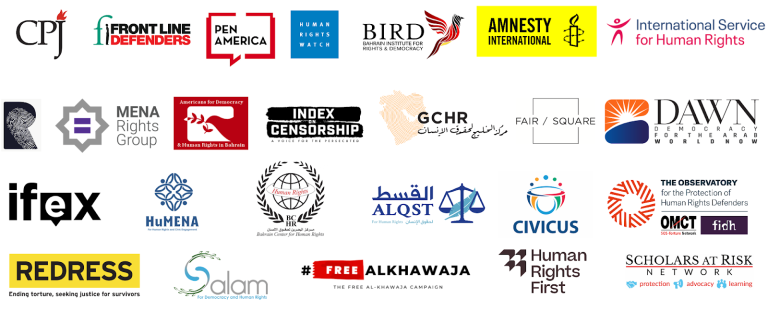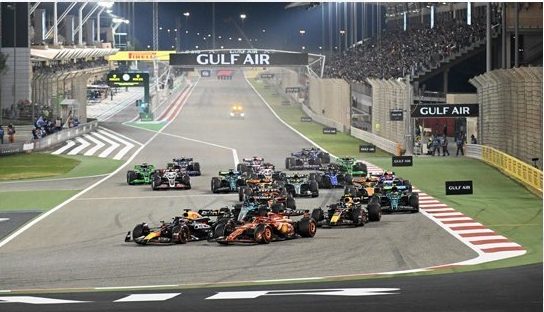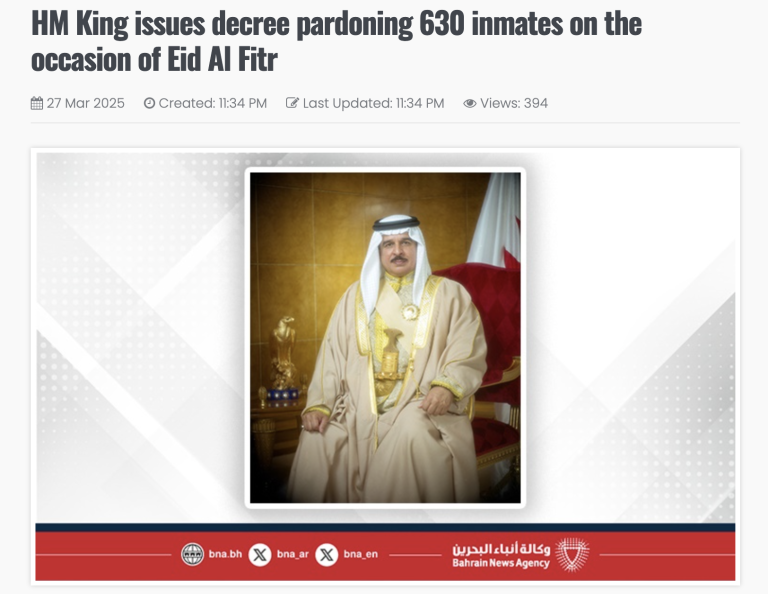29 September – The weakening of a UN draft resolution to investigate war crimes in Yemen, following threats from Saudi Arabia, has today set a dangerous precedent that rich arms-importing countries can avoid accountability.
The new, compromised text of the Dutch-Canadian resolution for a UN probe into violations of International Humanitarian Law (IHL) in Yemen was submitted to the UN Human Rights Council late last night, ahead of today’s showdown vote on scrutiny into the Saudi-led coalition’s deadly air strikes in Yemen.
This amended version erases key steps towards accountability: a request for an “International Eminent Group of Experts” to make an inquiry replaces the original decision to establish an “international commission of inquiry” – the “gold standard” for UN human rights investigations. The experts will now be tasked to understand what is happening in Yemen, instead of assessing culpability for violations.
The amended text calls for these experts to “carry out a comprehensive inquiry into all alleged violations and abuses of human rights and other appropriate and applicable fields of international law”, weakening the original call for an international commission of inquiry to “carry out comprehensive investigations into all alleged violations and abuses of human rights and violations of international humanitarian law”.* The Saudis have long claimed their bombardment of Yemen is within the laws governing conflicts, suggesting their rejection of an a priori line that violations of international humanitarian law have occurred.
The amended draft resolution also deletes “with a view to ensuring that perpetrators of violations and abuses, including those that may constitute war crimes and crimes against humanity, are held accountable.” The experts will not be able to document facts to the purpose of establishing accountability for such crimes, restricting their ability to bring perpetrators to justice.
These revisions seek to win the agreement of Saudi Arabia, who threatened countries with “negative” effects for trade if the original call for a UN probe passed. The Kingdom this week submitted a competing draft resolution that sought continued technical assistance for their own internal investigation into the war crimes allegedly committed by the Saudi-led coalition, whose air strikes have killed over 5,000 Yemeni civilians, destroyed the economy, and thrown millions of people into famine.
A panel set up by the Saudi-led coalition to investigate civilian casualties found its air strikes were largely justified. The coalition have been bombing the Houthi movement, aligned with Iran, in Yemen since the group occupied much of the north in 2015. The Saudi coalition’s new Joint Incidents Assessment Team (JIAT) was established in May 2016, with British support.
Since their establishment, JIAT has held one press conference in August 2016 to announce the findings of twelve investigations. These findings, delivered by JIAT’s Mansour Al-Mansour – a Bahraini judge who sentenced doctors, politicians and torture survivors to prison in the 2011 Arab Spring – largely exonerated the Coalition of wrongdoing in the bombing of civilians.
The UK, US and France were noticeably opposed to the Dutch-Canadian resolution. France, which is not a member of the Council, pushed for a compromise at the last minute. Reuters reported that the Dutch had been under great pressure to back down. The UK’s Middle East Minister at the Foreign & Commonwealth Office, Alistair Burt, last week told Inner City Press, “Our view is that it is for the Coalition itself, in the first instance, to conduct such investigations. They have the best insight into their own military procedures and will be able to conduct the most thorough and conclusive investigations.”
The UK delivered a statement during the discussion at the UN in Geneva this afternoon, in which it said “the HRC, whose mandate is the promotion and protection of human rights, rather than IHL, is not the most appropriate mechanism for looking at IHL issues. Moreover we strongly believe that where states are carrying out credible – I stress credible – investigations of alleged IHL violations themselves, they should be allowed to do so.”
Sayed Ahmed Alwadaei, Director of Advocacy at BIRD, said: “These major arms exporters, Britain, America and France, set out only to please Saudi Arabia and guarantee their own interests. These countries fuel the conflict with arms sales and their kneeling to the Kingdom reveals just how easily a wealthy country can intimidate others and avoid scrutiny if they buy enough weapons.”
The UN’s High Commissioner for Human Rights, Zeid Ra‘ad al-Hussein, has repeatedly urged the council’s 47 member countries to launch an independent investigation into the war. Zeid’s office has said Saudi-led air strikes cause the majority of civilian casualties
The resolution, as passed, is nonetheless an important landmark, marking a step forwards for holding the perpetrators of war crimes to account. The experts will, in theory at least, be able to access Yemen and conduct their business much as any other UN-authorised investigatory body can.





